The bodybuilders’ favourite drink is now a fashionable accessory for female fitness fanatics
Look closely at any picture posted to Instagram or Twitter by a celebrity working out and a milky-looking protein drink is likely to be in shot. Once the typical supplement of choice for vein-bulging bodybuilders, protein shakes have gradually been adopted by female fitness fanatics and sales are soaring. Protein powders are considered to be a fast route to a leaner body. The theory being that they help build muscle which in turn burns body fat even when at rest. Typically, the powders use protein sourced from whey, but many also use soy, pea and hemp.
The supermodels Lara Stone, Rosie Huntington-Whiteley and the actress Gwyneth Paltrow all use protein powder after a workout. Elle Macpherson even has her own brand: The Super Elixir, a nourishing protein formulated by her nutritionist, Dr Simone Laubscher. Made from organic, sprouted brown rice and peaprotein, it is, like others on the market, designed to be mixed with water or coldalmond milk and taken as a mealreplacement to aid weight loss or post-workout to aid speedy muscle recovery. Like most of the fashionable proteinpowder brands, it’s not cheap: £49.95 for 300g — about 15 servings.
How much difference to our bodies can these products really make, however? We all need protein on a daily basis — it is essential to body tissues, needed for growth, and bone and muscle health. Studies have shown that it can certainly help the body to cope with the demands of exercise — intense physical activity causes microscopic tears in muscles, that are repaired by protein, creating more muscle mass in the process — therefore people who are working out have a higher protein requirement.
There is evidence that protein seems to help achieve a lean and defined look. In one study conducted at the University of Nottingham, muscle building increased when a group of men consumed whey protein after a weights session, regardless of whether the weights they lifted were heavy or light. Another showed that subjects who took a protein powder before and after a training session could perform more reps and lift heavier weights in the 48 hours that followed.
Yet, other findings are less convincing. Some have shown that, where plenty of protein is already present in the diet, taking a powder or shake to coincide with workouts makes no difference to muscle synthesis. Most of us get more than enough from ordinary food. Guidelines suggest that 45 to 70 grams of protein a day for an adult is necessary (to be more specific, you should eat about 0.8g of protein for every kg of body weight). To put that into context, an egg has about 6g of protein and a chicken breast about 25g. While the guidelines are considered conservative, we are not at risk of deficiency — the average intake is about 88 grams a day for men and 64 grams for women. In fact, too much protein can cause problems. The NHS has warned that a high intake of protein supplements could be linked to osteoporosis or kidney problems and 3 per cent of men questioned as part of the latest US study said that they had been treated in hospital for kidney or liverproblems related to the supplements they had taken.
Last month a study presented at a meeting of the American Psychological Association suggested that the obsessive use by men of legal bodybuilding supplements, many protein based, has reached such levels that it could be classified as an eating dis-order. Such revelations have led experts to warn that protein-pushing messages are being overplayed. Personally, it’s not a trend I’m following. I work out four to five times a week. I know that I need to consume protein after a high-intensity session or weight training, but I don’t feel the need to use a powder — a lot of studies suggest that a glass of milk after a workout is fine.
What of protein’s reputation as the most satiating food around, making us feel fuller for longer? Dr Laubscher insists that protein shakes “can help with weight loss for they balance out your blood sugar levels and therefore reduce cravings”.
Many studies suggest you need to work out like an Olympian to make protein-loading worthwhile. “There are links with muscle gain and weight loss, but those studies have looked at athletes who are training intensely,” says Hannah Sheridan, head of sports nutrition at the University of Birmingham. “Even then, there is evidence that many elite sports people can meet protein demands with ordinary food like tuna, milk and eggs.”
Sports nutritionist Anita Bean says whey protein is quickly digested and “may be helpful if you are planning to train again within 24 hours”. However, she adds: “You may prefer to drink milk, which contains whey naturally, as studies have shown that it’s just as effective in promoting muscle synthesis after resistance training.
